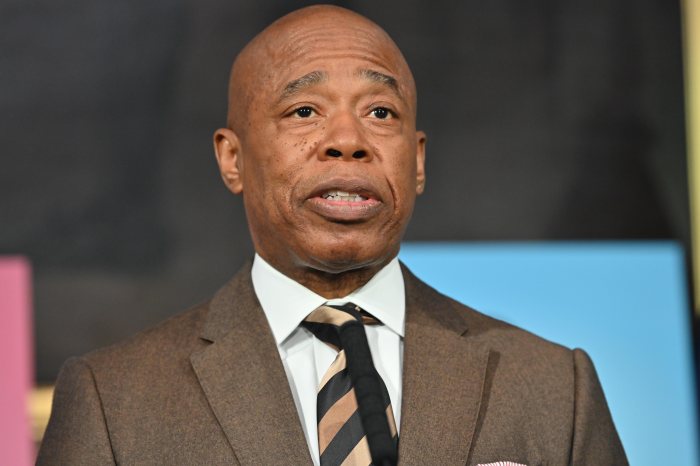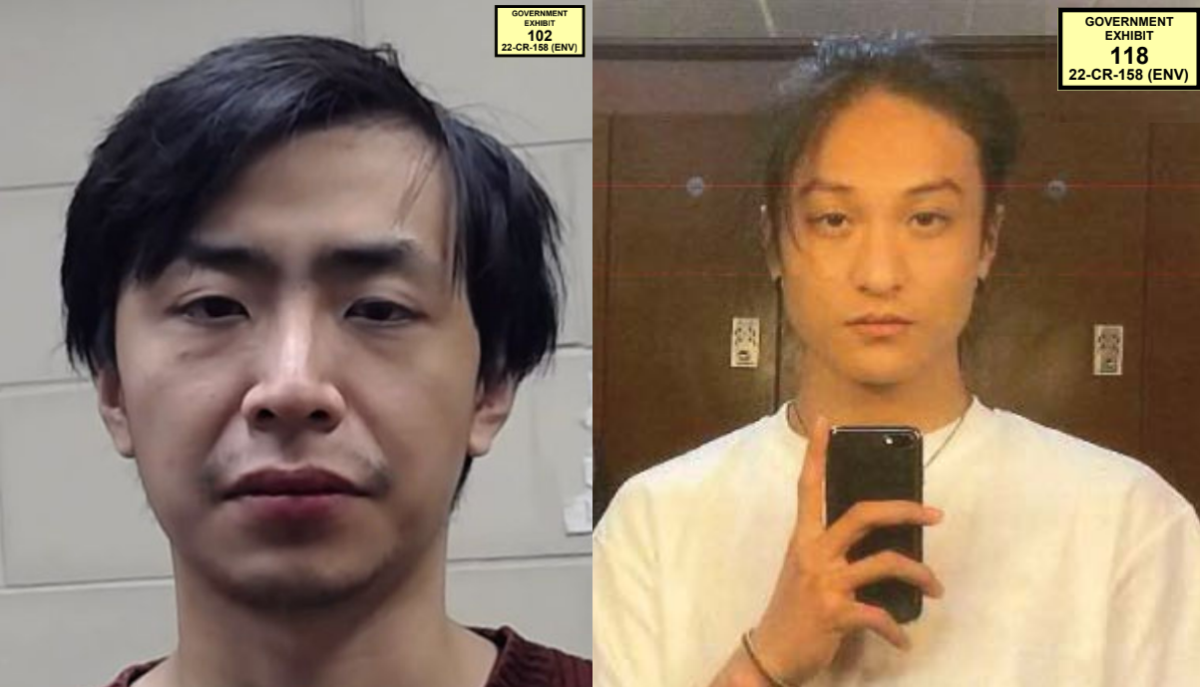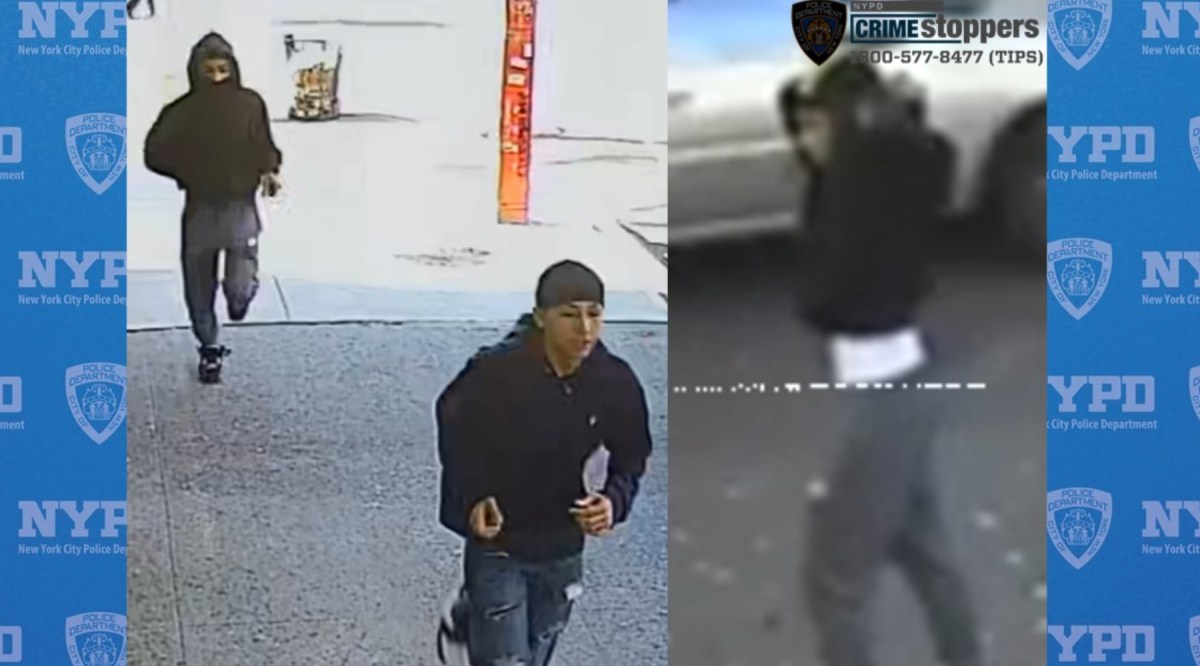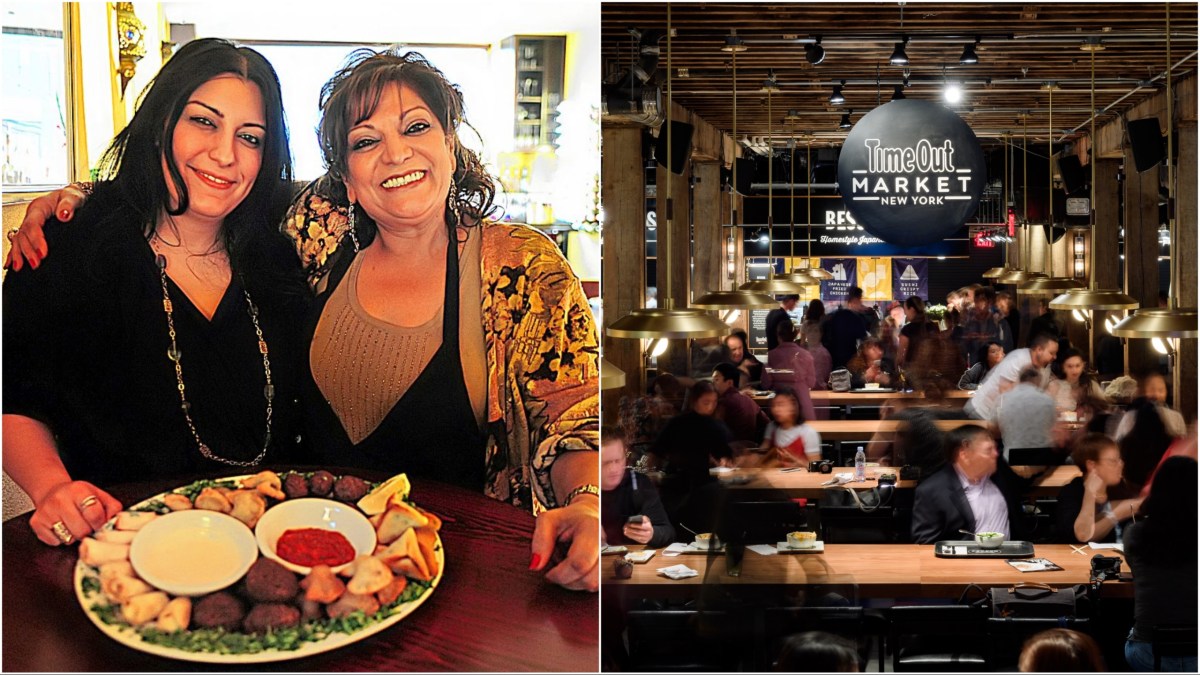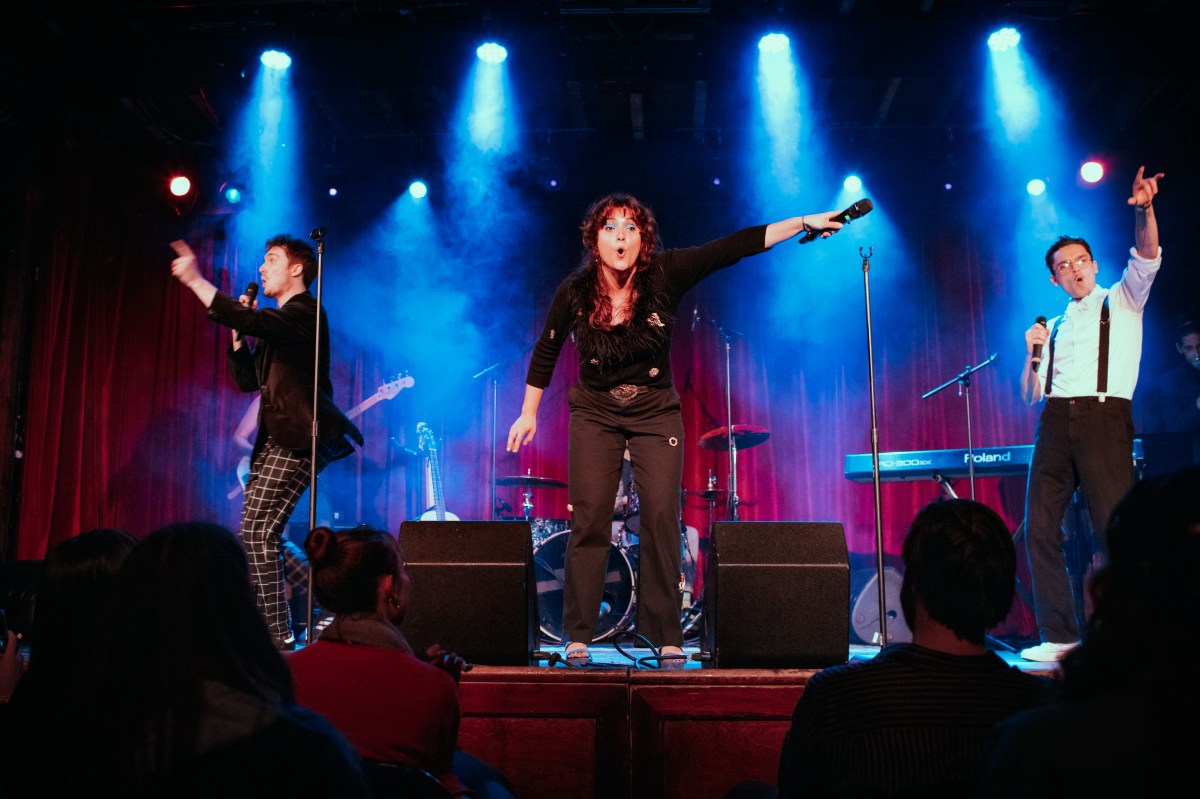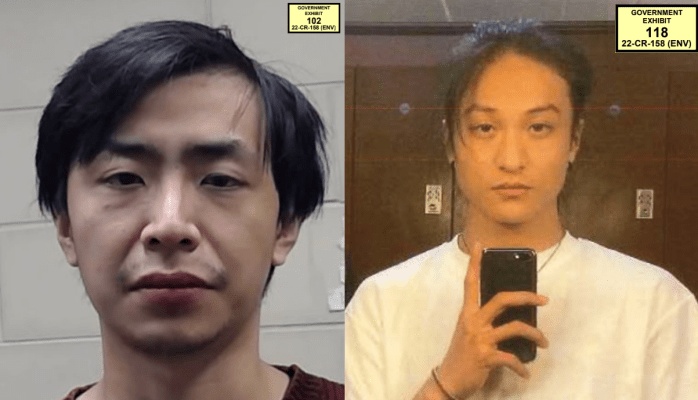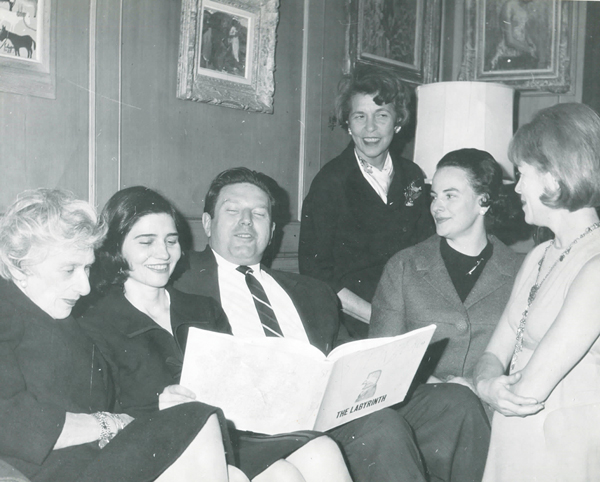
BY CAROL GREITZER | Theodore (Theo) Bikel, a versatile actor and singer who died July 21 at the age of 91, probably first came to the attention of most Americans when he created the role of Baron von Trapp in the Broadway production of “The Sound of Music,” playing opposite Mary Martin.
Bikel was living in Greenwich Village then, and when he became a citizen in 1961, he looked forward to casting his first vote as an American in the September Democratic primary. This was also an exciting time for other Villagers, as well.
Democratic “boss” Carmine De Sapio not only was mounting a campaign against the re-election of Mayor Robert Wagner, but he was also being challenged, for the third time, for leadership in the Village by the then-insurgent Village Independent Democrats political club.
On primary day afternoon several of us were comparing notes on how the voting was going, when into the clubhouse on W. Fourth St. strode a larger-than-life Theo Bikel, very angry that his local polling place had no record of him and would not allow him to vote.
“This will be my first vote as a citizen of the United States,” he told us, “and I intend to cast my vote — even if I have to hold tonight’s curtain to do so!”
We were all thrilled at his passion, though, in the spirit of “the show must go on,” such a drastic step proved unnecessary. A member of the club took him to the Board of Elections and straightened matters out.
Theo got to vote, the von Trapp family once again escaped the Nazis, Wagner won, we defeated De Sapio, and Theo subsequently joined the club. He participated in numerous activities from launching civil rights initiatives to fundraising. I particularly recall a meeting at his Washington Square Village apartment when he invited Villagers to exchange views with a group of young black leaders of the new Students Nonviolent Coordinating Committee (SNCC). They had come up from the South to meet with sympathetic northerners, and V.I.D. frequently demonstrated its support for the civil rights movement.
How, one might ask, could a working actor be active in a political club? Easy. The club met Mondays — a night when the theaters were usually dark.
We were, of course, sorry when marriage, babies and his career — like touring as Tevye in “Fiddler on the Roof” — took Theo away from New York. But we enjoyed the many character roles he created in such films as “My Fair Lady,” “The African Queen,” “The Russians are Coming” and “The Defiant Ones.”



